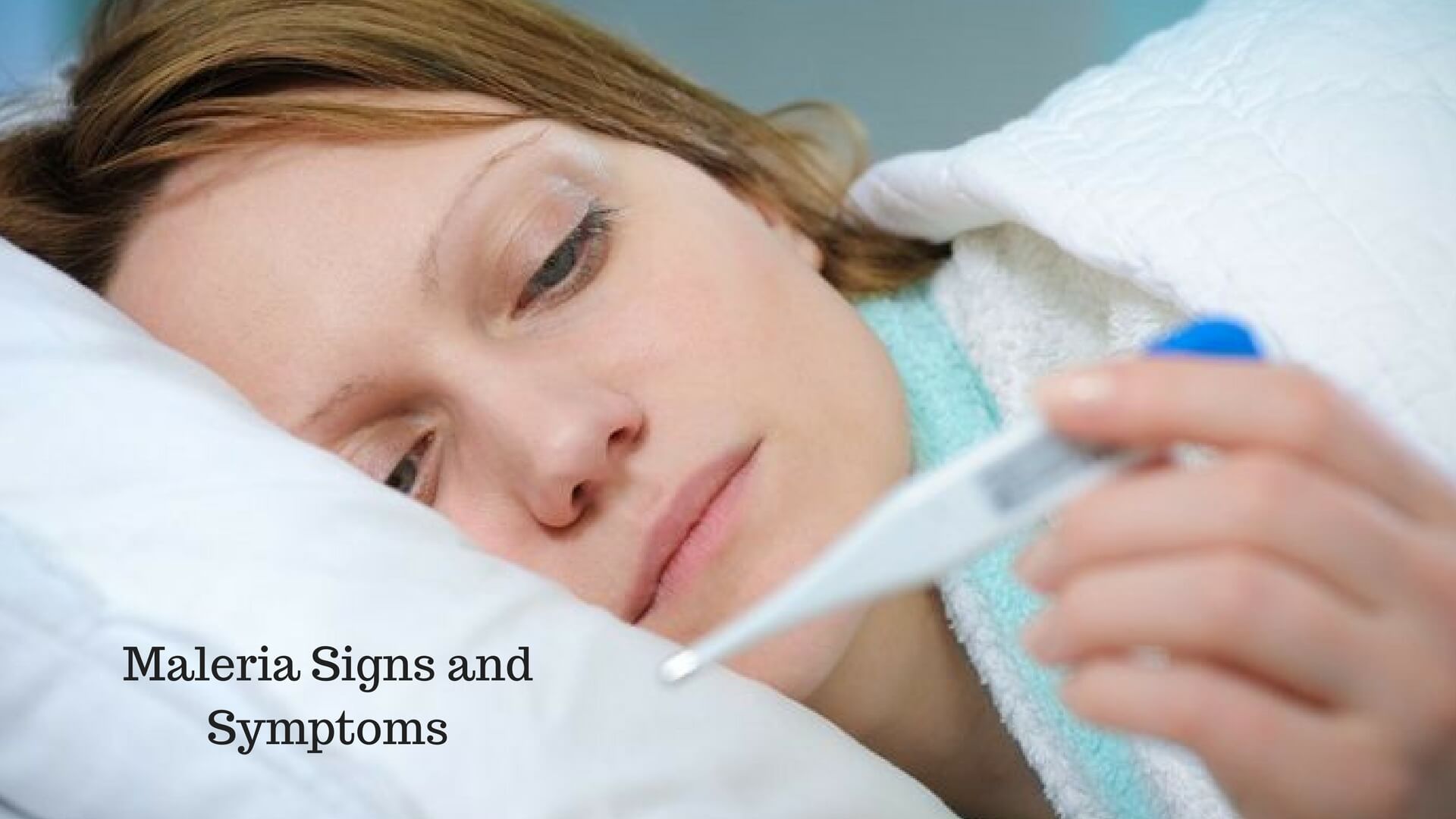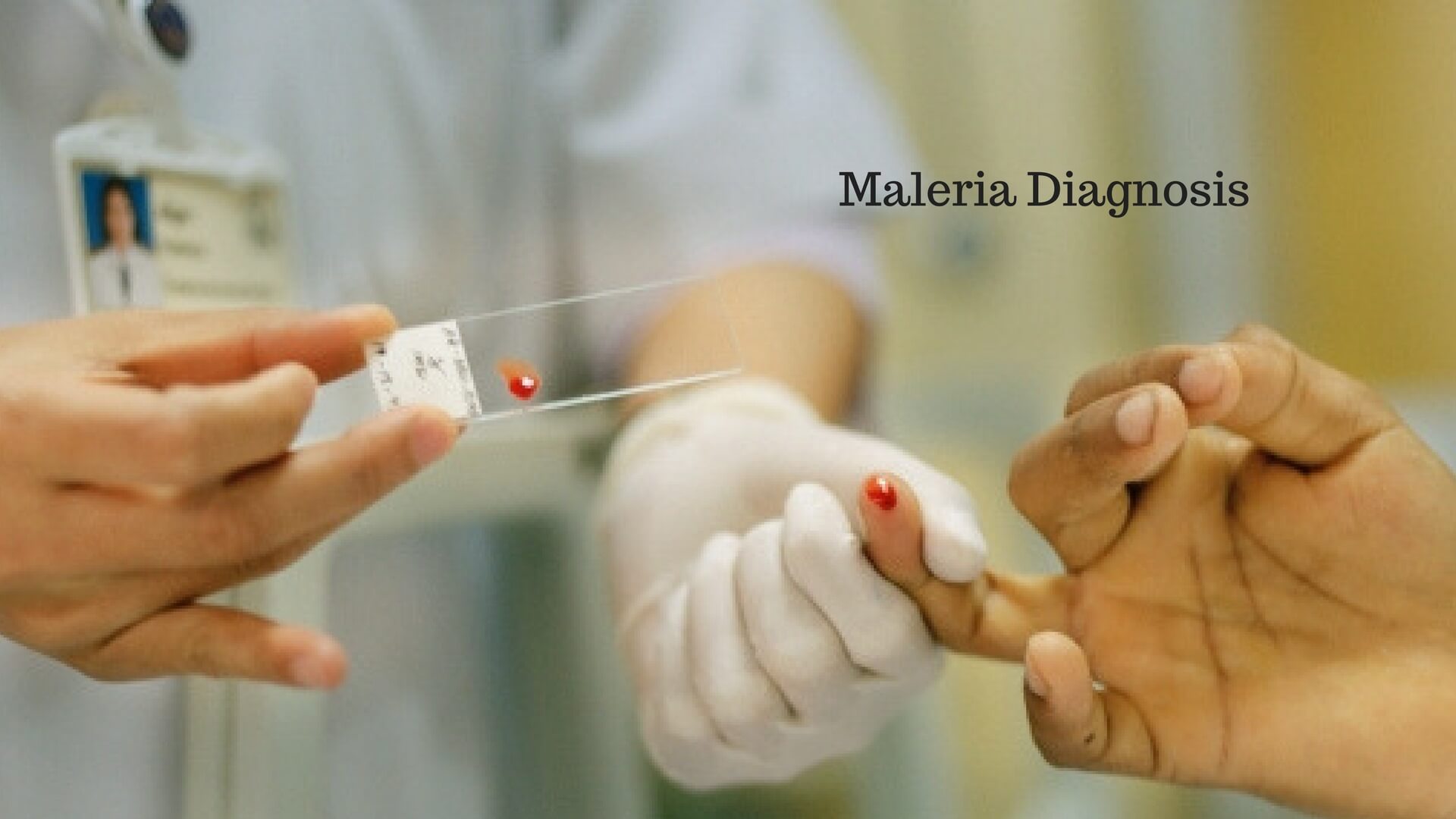
Malaria is an infectious disease caused because of bite of an infected female anopheles mosquito. The infected mosquito carries malaria causing pathogens called as plasmodium parasites. These parasites comprise of plasmodium vivax, plasmodium falciparum, plasmodium ovale, plasmodium malariae and plasmodium knowlesi. The bite of an infected female anopheles mosquito creates a path for these parasites to enter into the blood stream of the victim (person). Once, they enter into the blood, within few days they mature in liver and then start affecting red blood corpuscles of the body. They rapidly divide and cause harm to the whole body.
What are the types of malaria?
Malaria can be divided into two types- benign malaria and malignant malaria. Benign malaria represents the initial stage of the disease wherein it is comparatively easy to cure the disease. Malignant malaria is the later stage of the disease and can sometimes become fatal. Benign malaria exhibits indications like very high fever, headache, abdominal pain, muscle pain, feeling more tired than usual, fatigue, diarrhea, vomiting etc. Symptoms of malaria can be seen depending upon time taken by the malarial parasites to mature. Malignant malaria is caused by plasmodium falciparum. One can find similar symptoms of benign malaria in malignant malaria. However, here the symptoms can also be complications in breathing, liver failure and shock. Cerebral malaria is a malignant malaria that can affect brain and central nervous system. It can be fatal.
What are the common indications of malaria?

Incubation period of every plasmodium parasite is different. On average, it is two weeks for the disease to produce any symptoms. High fever and poor immune system are the two most apparent symptoms of malaria. Other common indications of the disease are enlisted below:
- Shaking chills
- Vomiting
- Nausea
- Diarrhea
- Pain in muscles
- Loss of appetite
- Cough Headache
- Convulsions
- Sweating
Above mentioned symptoms should not be ignored. You should get them tested by your doctor as early as possible before the disease increases its intensity and turns fatal. Malaria can become fatal if not treated on time.
If the symptoms of malaria are consistent for few days, it is important that you visit a doctor at the earliest. Tests will be conducted to diagnose malaria or the cause of such symptoms.
How can malaria be detected?

Malaria can be diagnosed through certain tests. Before proceeding to undergo malaria tests, your doctor will inquire whether you have visited any place where mosquitoes bred. Your health history and family history will also be asked. Blood test and RDT are two diagnostic tests used to detect malaria.
Blood Test: Blood samples are tested to measure the number of platelets and quantity of bilirubin in blood. If the number of platelets are found to be lower than average count and amount of bilirubin in blood is found to be higher then average amount, then it is a sharp indication of malaria.
RDT (Rapid Diagnostic Tests): When blood test report reveals alteration in platelet and bilirubin count, RDT is conducted to further assess presence of malaria. The test assesses blood sample for presence of proteins called as antigens which are produced by malaria causing plasmodium parasites. RDT can detect which species of plasmodium parasite is responsible for causing malaria. Hence, RDT plays an important role in diagnosing and helping doctors to decide appropriate treatment approach for malaria.
Treatment approaches for malaria include medications like Quinine sulfate (Qualaquin), Mefloquine, Chloroquine (Aralen), Hydroxychloroquine (Plaquenil) and combination of atovaquone and proguanil (Malarone). Injections to cure malaria are in process of development.
Now, let us throw some light on how malaria can be prevented. The best approach is to prevent the disease.
How can malaria be prevented?

As the saying goes- “prevention is better than cure”, it is important that one follows precautionary measures to prevent malaria. Practicing below mentioned preventive measures will definitely help in preventing breeding of mosquitoes:
Mosquitoes breed in unhygienic environments. Warm and moist conditions are favorable for their growth. Hence, the foremost important thing to follow to prevent its breeding is to keep your surroundings clean and dry. Discard off any garbage or any waste materials. Also, avoid storing water in containers for more than three-four days. Make sure that the containers are exposed to sunlight for minimum fifteen minutes everyday. Sun rays have the power to kill microbes and other disease causing pathogens.
If you are pregnant, you must avoid going to places prone to malaria. During pregnancy, immune system is already weak and it becomes difficult for the body to fight against the infection. Also, a pregnant lady can pass malarial infection to her baby. Hence, the best precaution is to avoid going to places prone to malarial infection.
Avoid traveling to countries where malaria is prevalent. Countries located in Africa, Central America, South America, western pacific islands and Asian continent are more susceptible to malaria. Papa New Guinea is also another country susceptible to malaria. If you have to visit these places, consult with your doctor and take appropriate medications and vaccinations. e.g. Any person traveling to South Africa is advised to take vaccination for yellow fever as a precautionary measure.
Wear long sleeve shirt and trousers to protect your body from mosquito bites. Also, make use of mosquito repellent creams to ward off mosquitoes. Mosquito repellents contain DEET (N, N diethylmetatoluamide). However, do not use any mosquito repellents which contain 10% to 30% DEET on infants.
Take anti-bacterial tablets with your doctor’s advise
Protect yourself from mosquito bites
Use bed nets that are sprayed with insecticides like deltamelthrin or permethrin for protection.
These are some of the most common tips on how to prevent malaria.
Since malaria is spread by mosquitoes, it is important that primary precautions are taken to prevent their breeding. Keeping surroundings and sanitation clean is the primary responsibility of each and every citizen. If surroundings are kept clean, mosquitoes will not thrive and thus, malaria will be prevented.